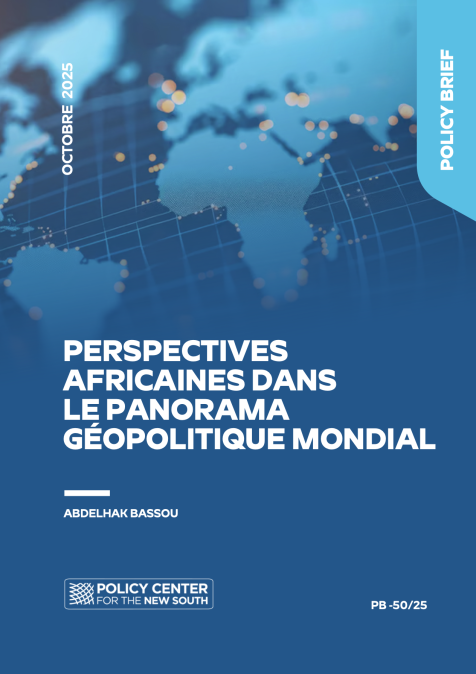Speakers
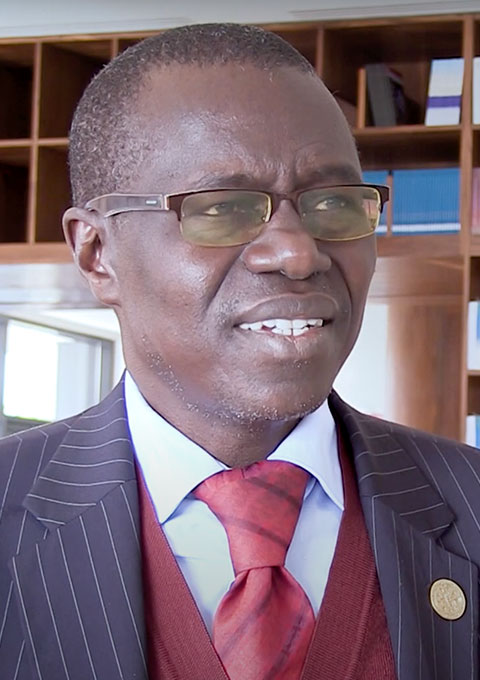
Moubarack Lo
Senior Fellow
Moubarak Lo is Senior Fellow at the Policy Center for the New South and President of the Emergence Institute, specializing in economic and statistical studies and strategic planning, and who focuses on Economic Growth & Development, and Applied Statistics. He was Special Adviser to the Prime Minister, Chief Economist of the Prime Minister and Coordinator of the Economic and Social Analysis Unit. Previously, he was deputy director in the Cabinet of Macky Sall, president of the Republic of Senegal. He also served as an economic advisor to Prime Ministers Habib Thiam, Moustapha Niasse, and Mamadou Lamine Loum, as well as the Office of the Minister of Economy and Finance. He is an expert for the UN, the African Development Bank, the World Bank, the African Union, and Economic ...
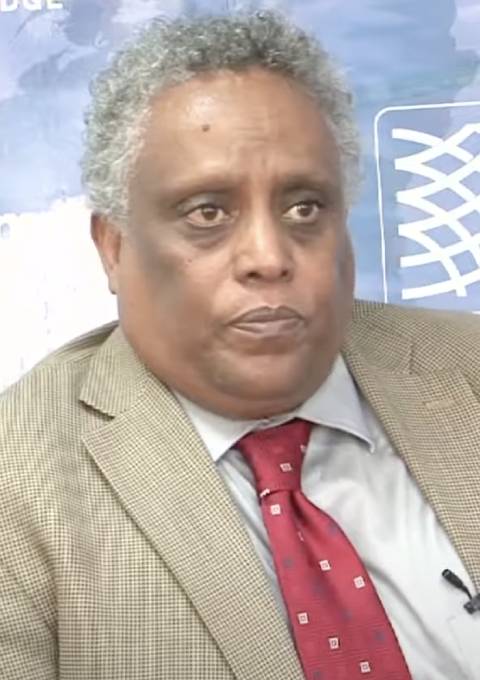
Jalal Abdel-Latif
Ethiopia
Senior Fellow
Jalal Abdel-Latif is Senior Fellow at Policy Center for the New South and Senior Social Policy Advisor, Gender and Poverty, Social Policy Division, UNECA. Jalal has over 25 years of professional experience in the areas of corporate social responsibility, civic engagement, grant making, project design and enhancing the capacities of non-profit organizations. He began his career as researcher and capacity analyst at UCLA African studies center, before working as Grants manager for USA for Africa (the We Are the World project) in California. He was also a co-founder and CEO of Inter-Africa Group, a regional think thank.
He was previously appointed by the late Prime Minister of Ethiopia to serve on the Ethiopian Telecommunications Board of Directors to assist in its moderniz ...
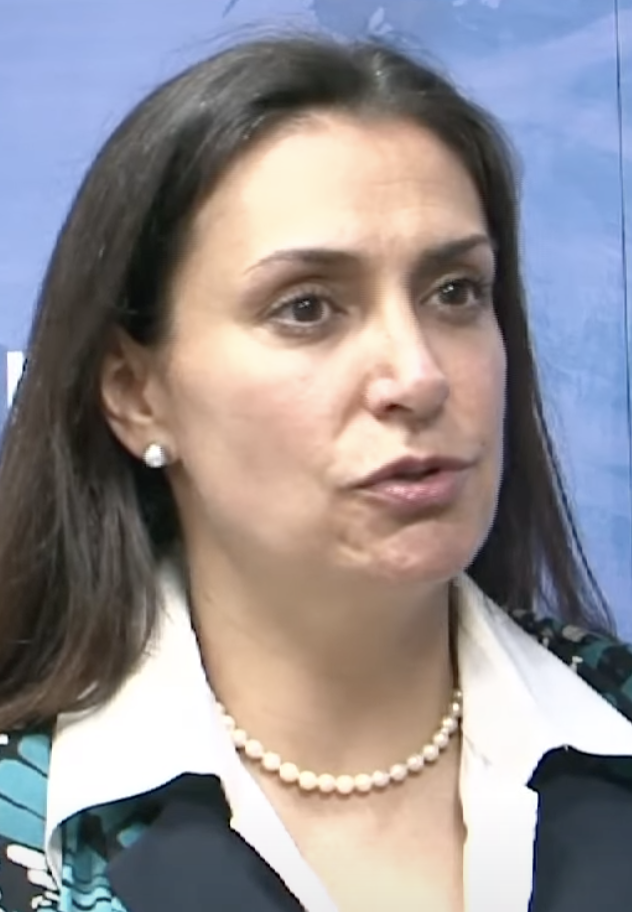

Sophie Boisseau du Rocher
Associate Research Fellow, Center for Asian Studies, Ifri
Sophie Boisseau du Rocher is a senior research fellow specializing in Southeast Asian politics, geostrategic affairs and regional integration. She is the author of numerous books and articles, including Le Cambodge, la survie d’un peuple (Belin, Paris, 2011), L’Asie du Sud-Est prise au piège (Perrin, Paris, 2009) and L’ASEAN et la construction régionale en Asie du Sud-Est (L’Harmattan, Paris, 1997). She also edited the Annuaire de l’Asie orientale (Yearbook on East Asia) for the Documentation française (2006 – 2012). Dr. Boisseau du Rocher holds a PhD in Political Science from Sciences Po, Paris (1996) and has previously taught at Sciences Po Paris, Sciences Po Le Havre (Asia campus), the Institut des hautes Etudes de la Défense nationale (IHEDN), and the Collège Inter-Armé de ...
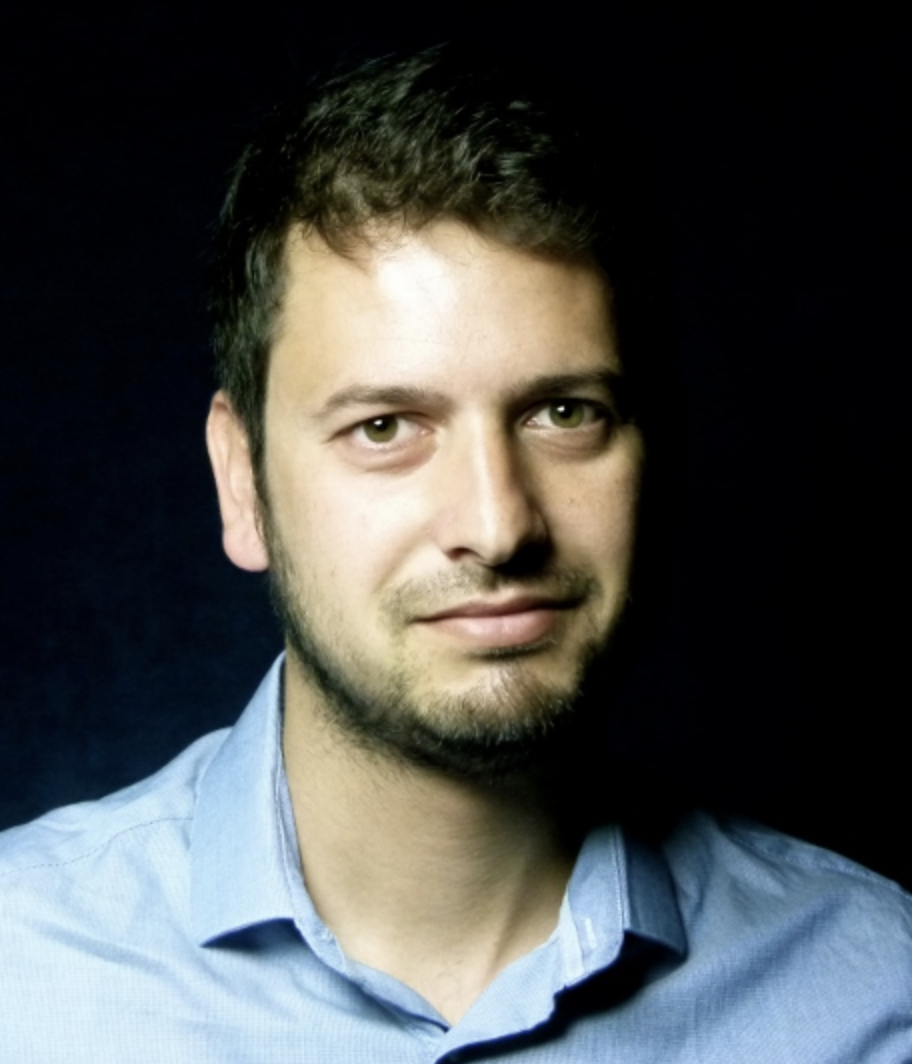
Victor Magnani
Ancien Chargé de projets, Centre Afrique subsaharienne de l'Ifri
Victor Magnani est diplômé de Science Politique avec la spécialité Etudes Africaines à l'Université Paris 1 Panthéon-Sorbonne. Il a connu différentes expériences professionnelles en Afrique du Sud (Consulat de France au Cap, Parlement de la République sud-africaine, Institut français d'Afrique du Sud) avant de rejoindre le Centre Afrique subsaharienne de l'Institut français des relations internationales (Ifri) en mai 2015. Ses travaux portent sur les élections et les partis politiques dans deux pays en particulier, l’Afrique du Sud et le Zimbabwe.
Victor Magnani a coordonné de 2016 à 2020 l'Observatoire de l'Afrique centrale et australe en collaboration avec le Ministère français des Armées.
...









